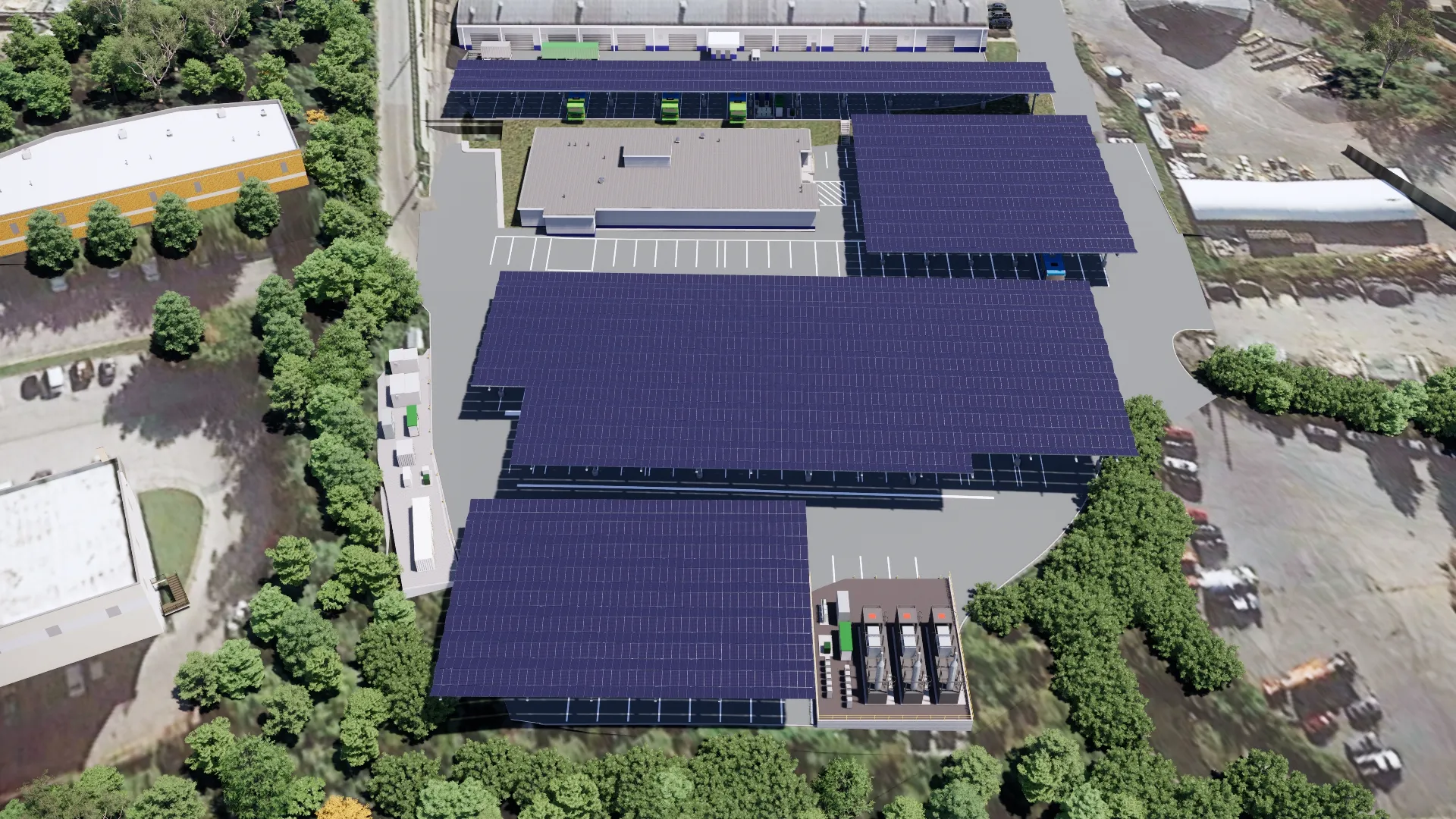As a part of its Road to Tomorrow initiative, the Missouri Department of Transportation is seeking proposals for a pilot project to incorporate innovative technology into a Missouri roadway that potentially could generate new revenue streams for transportation.
The project will evaluate if ‘smart pavement’ can make roads sustainably self-funded by providing value-added wireless services to support mobile connectivity and next-generation electric, connected and autonomous vehicles.
Proposals are due on
September 14, 2016
Read time: 1 min
As a part of its Road to Tomorrow initiative, the 1773 Missouri Department of Transportation is seeking proposals for a pilot project to incorporate innovative technology into a Missouri roadway that potentially could generate new revenue streams for transportation.
The project will evaluate if ‘smart pavement’ can make roads sustainably self-funded by providing value-added wireless services to support mobile connectivity and next-generation electric, connected and autonomous vehicles.
Proposals are due on 31 October 2016 and MoDOT hopes to select a best-value proposer in early 2017.
MoDOT’s Road to Tomorrow initiative aims to develop public-private partnerships to look at new and innovative ways to fund Missouri’s transportation infrastructure. Another pilot project to evaluate “solar roadways” begins before snow flies at the Conway Welcome Center on Interstate 44.
The project will evaluate if ‘smart pavement’ can make roads sustainably self-funded by providing value-added wireless services to support mobile connectivity and next-generation electric, connected and autonomous vehicles.
Proposals are due on 31 October 2016 and MoDOT hopes to select a best-value proposer in early 2017.
MoDOT’s Road to Tomorrow initiative aims to develop public-private partnerships to look at new and innovative ways to fund Missouri’s transportation infrastructure. Another pilot project to evaluate “solar roadways” begins before snow flies at the Conway Welcome Center on Interstate 44.








